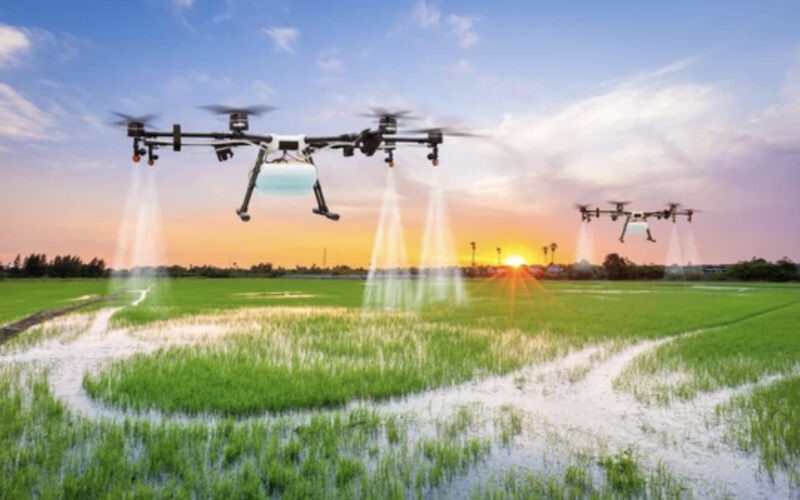What is Resilience?
Resilience is the ability of a system to absorb, recover from, and adapt to shocks and stresses. In the context of agriculture, resilience refers to the ability of farmers to maintain their livelihoods and production in the face of uncertainty.
Key Takeaways
- Agriculture is inherently risky, and the effects of climate change and other uncertainties are only increasing.
- Farmers can build resilience to uncertainty by implementing a variety of strategies, including diversification, sustainable production practices, and risk management planning.
- It is also important for farmers to stay informed about the latest trends and technologies, and to network with other farmers and agricultural professionals.
Why is Resilience Important in Agriculture?
Agriculture is inherently risky, and the effects of climate change and other uncertainties are only increasing. Climate change is already leading to more extreme weather events, such as droughts, floods, and heat waves. These events can have a devastating impact on farmers’ crops and livestock.
In addition to climate change, farmers also face a variety of other challenges, such as pests and diseases, market volatility, and financial instability. These challenges can all make it difficult for farmers to stay in business.
“Resilience is not about avoiding failure, it’s about failing forward and learning from your mistakes.”
Jessica Seddon
How Can Farmers Build Resilience to Uncertainty?
There are a number of things that farmers can do to build resilience to uncertainty. Some of the most important strategies include:
- Diversification: Farmers can reduce their risk by diversifying their operations. This means growing a variety of crops and raising different types of livestock. Diversification can help to reduce the impact of a crop failure or livestock loss.
- Sustainable production practices: Farmers can also build resilience by adopting sustainable production practices. For example, using cover crops and crop rotation can help to improve soil health and reduce the risk of pests and diseases.
- Risk management planning: Farmers should develop a risk management plan that outlines the steps they will take to minimize and mitigate risks. This plan should be reviewed and updated on a regular basis.
Other strategies that farmers can use to build resilience include:
- Staying informed: Farmers should stay informed about the latest weather forecasts, pest and disease outbreaks, and market conditions. This will help them to be prepared for potential problems.
- Networking: Farmers can also build resilience by networking with other farmers and agricultural professionals. This can help them to learn from the experiences of others and cope with stress and adversity.
- Accessing financial resources: Farmers should also have access to financial resources to help them weather difficult times. This could include crop insurance, government programs, or private loans.
Conclusion
Building resilience to uncertainty is essential for farmers to succeed in today’s world. By implementing a variety of strategies, farmers can reduce their risk and increase their chances of success.
Additional Tips
- Consider new technologies: There are a number of new technologies that farmers can use to improve their resilience to uncertainty. For example, precision agriculture technologies can help farmers to reduce their use of inputs and improve their yields.
- Work with others: Farmers can also build resilience by working together with other farmers and agricultural organizations. This can help them to share information, resources, and support.
By following these tips, farmers can build resilience to uncertainty and thrive in today’s challenging world.







